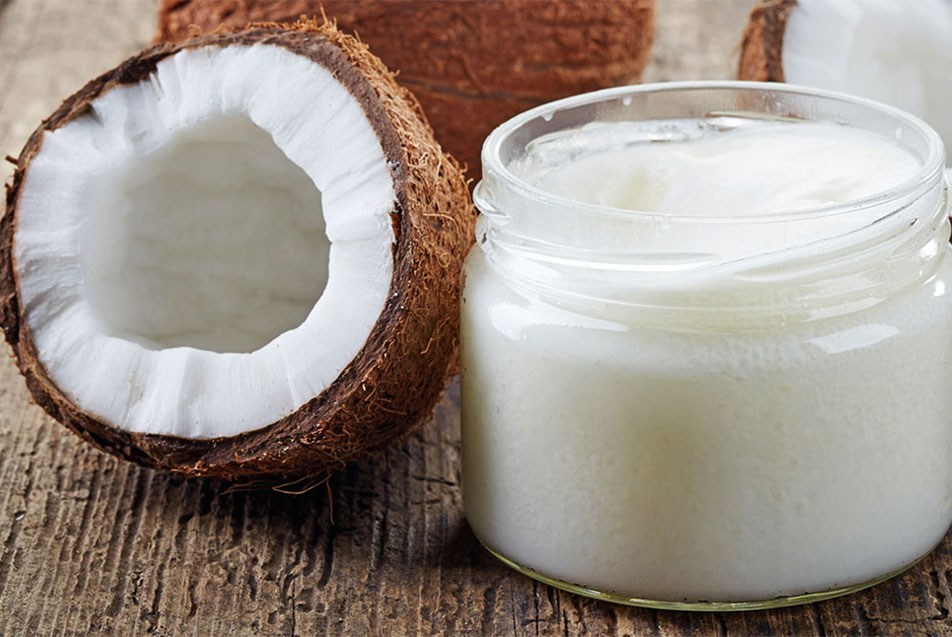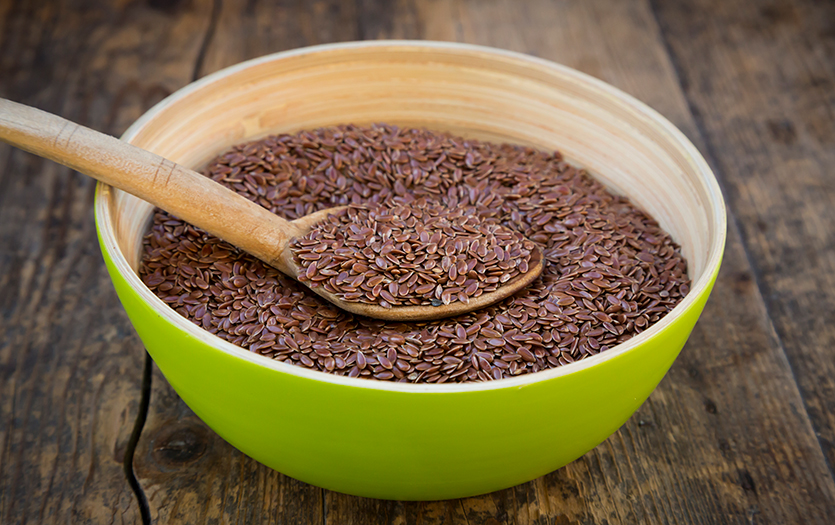The Internet was buzzing last week after The American Heart Association released a report advising against the use of coconut oil. The association stated that the trendy fat is high in saturated fat (82 percent) and is linked to higher LDL levels (the bad cholesterol). This was news to the crowd of fans using the product for everything from raising immunity to fighting disease. We invited Betsy Carmien, RDN, Parkview Health, to help us sort through the facts.
What is coconut oil?
Coconut oil is a tropical oil that’s made from the dried fruit of the coconut palm tree. It contains a medium-chain fatty acid and is predominantly made up of a lauric acid. That lauric acid is largely what’s earned the fat its praise, but the science doesn’t necessarily support the claims.
While coconut oil can still be an effective skin moisturizer and hair conditioner, the benefits might end there. According to the American Heart Association, “Coconut oil increases LDL cholesterol, a cause of cardiovascular disease, and has no known offsetting favorable effects.”
Does coconut oil help with weight loss?
Many people have started looking at coconut oil as an aid for weight loss. According to research performed by Marie-Pierre St-Onge, associate professor of nutritional medicine at Columbia University Medical Center, the oil has a large amount of medium-chain fatty acids, which are thought to increase the rate of metabolism over long-chain fatty acids. But coconut oil is still high in calories and saturated fat. In fact, coconut oil has more saturated fat than lard does! One tablespoon contains 13.6 grams of fat and 117 calories. Consuming too much will give you extra calories and that can signal your body to store more fat over time.
The verdict.
Overall, used in moderation, coconut oil should not cause great harm to your heath, but it isn’t likely to promote weight loss, either. To lose weight successfully and maintain a healthy lifestyle, stick to the basics and follow an overall healthy eating plan paired with regular exercise.
References:
- Duyff RL. Fat facts cholesterol, too. In: American Dietetic Association Complete Food and Nutrition Guide. 4thed. Hoboken, N.L.: John Wiley & Sons; 201:99
- Dr. Qi Sun, assistant professor in the Department of Nutrition at the Harvard T.H. Chan School of Public Health (expert opinion). April 20, 2017
- Overweight and obesity. Center for Disease Control and Prevention. http://www.cdc.gov/obesity/strategies/me.html. Accessed October 27, 2015.
- Coconut oil isn’t healthy. It’s never been healthy. American Heart Association




